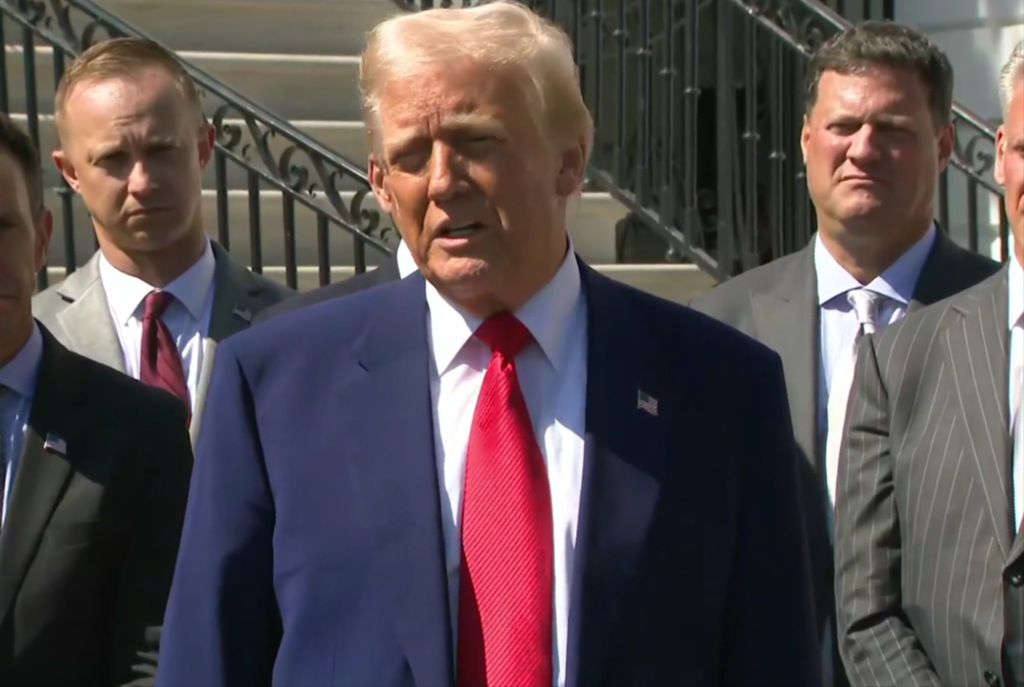The rumble of international markets grows louder as a trade war between two global superpowers—China and the United States—continues to escalate. In this high-stakes game, the allies the U.S. once counted on are showing signs of fatigue and frustration.
U.S. President Donald Trump has thrown the global economy into turbulence by announcing a 125 per cent tariff on Chinese goods. This aggressive move marks another chapter in a tit-for-tat trade war that seems less like a strategic negotiation and more like an unravelling of international economic stability. Stock market volatility and anxious bond markets have followed suit, leaving experts questioning the repercussions of this economic brinkmanship.
The president’s justification is simple—flexibility. He has emphasized that adapting to market reactions is critical, yet his erratic announcements have left allied nations bewildered. For countries like Canada and Mexico, the story is one of contradictions. While Canada dodged fresh tariffs this week, it still faces a maze of pre-existing duties, such as hefty steel and aluminum taxes. The trade relationship that once seemed robust now feels like walking on a tightrope, and the same applies to European allies, who are also caught in the crossfire.
China, for its part, faces an economic blockade of historic proportions. The 125 per cent tariff essentially slams the door on significant access to American consumers, forcing Chinese industries to explore alternative markets. Analysts warn of a potential flood of Chinese surplus goods entering global markets, driving prices down and creating chaos for countries ill-prepared to handle the influx. As U.S.-China relations deteriorate, the risk of a longer, deeper economic hostility looms large.
What complicates matters further is the U.S.’s inability to rally its allies effectively. A Nevada Democrat recently lashed out by labelling the White House’s strategy as “amateur hour.” The sentiment resonates with a growing number of U.S. allies who feel sidelined by a lack of consultation and coordination. A once-unified front against unfair trade practices now appears fragmented, with allies questioning the wisdom of aligning with a nation that seems to change its policies on a whim.
Trump’s tactics have sparked a broader debate about the future of global trade. Tariffs were intended to rebalance relationships and force compliance from economic adversaries like China. However, critics argue that the strategy is isolating the United States rather than its intended target. As one trade expert pointed out, the U.S. risks losing credibility in trade negotiations, leaving potential partners wary of entering agreements that might later be discarded.
While the Trump administration insists this is all part of a master strategy, the results thus far paint a more chaotic picture. Markets may temporarily rally on tariff pauses, but the underlying unpredictability continues to undermine global confidence. In an interconnected world, the ripple effects of such policies extend far beyond the initial players, impacting economies, industries, and individuals worldwide.
The president who cried wolf may find it increasingly difficult to rekindle the trust of his allies. As weary nations recalibrate their trade priorities, the question remains: Is the United States steering the global economy toward reform or simply into deeper disarray?
References:
Trump focuses his economic war on China. Will weary U.S. allies follow?

